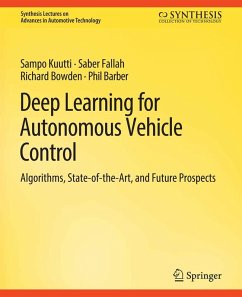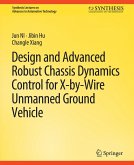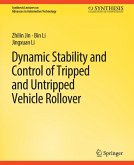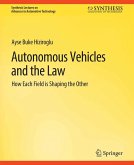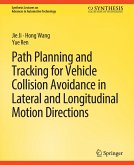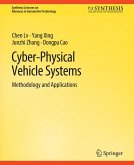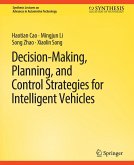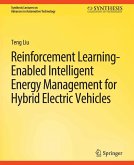The next generation of autonomous vehicles will provide major improvements in traffic flow, fuel efficiency, and vehicle safety. Several challenges currently prevent the deployment of autonomous vehicles, one aspect of which is robust and adaptable vehicle control. Designing a controller for autonomous vehicles capable of providing adequate performance in all driving scenarios is challenging due to the highly complex environment and inability to test the system in the wide variety of scenarios which it may encounter after deployment. However, deep learning methods have shown great promise in not only providing excellent performance for complex and non-linear control problems, but also in generalizing previously learned rules to new scenarios. For these reasons, the use of deep neural networks for vehicle control has gained significant interest.
In this book, we introduce relevant deep learning techniques, discuss recent algorithms applied to autonomous vehicle control, identify strengths and limitations of available methods, discuss research challenges in the field, and provide insights into the future trends in this rapidly evolving field.
Dieser Download kann aus rechtlichen Gründen nur mit Rechnungsadresse in A, B, BG, CY, CZ, D, DK, EW, E, FIN, F, GR, HR, H, IRL, I, LT, L, LR, M, NL, PL, P, R, S, SLO, SK ausgeliefert werden.

